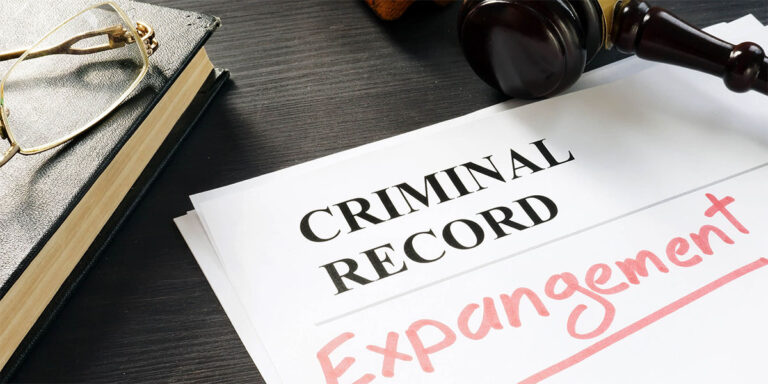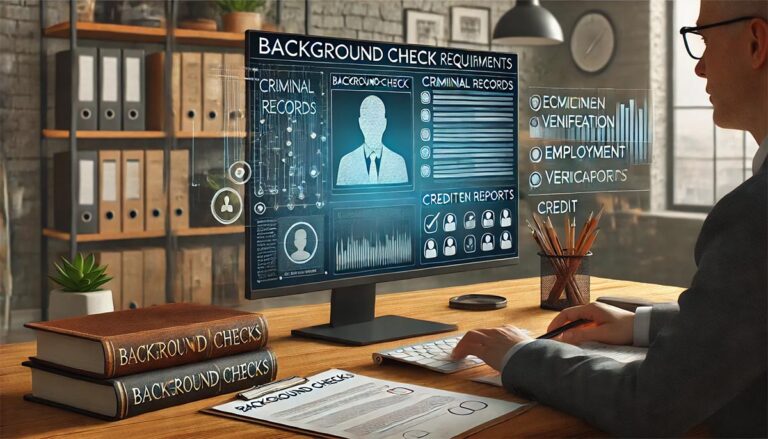18 Types of Personal Background Checks: Complete Guide 2025
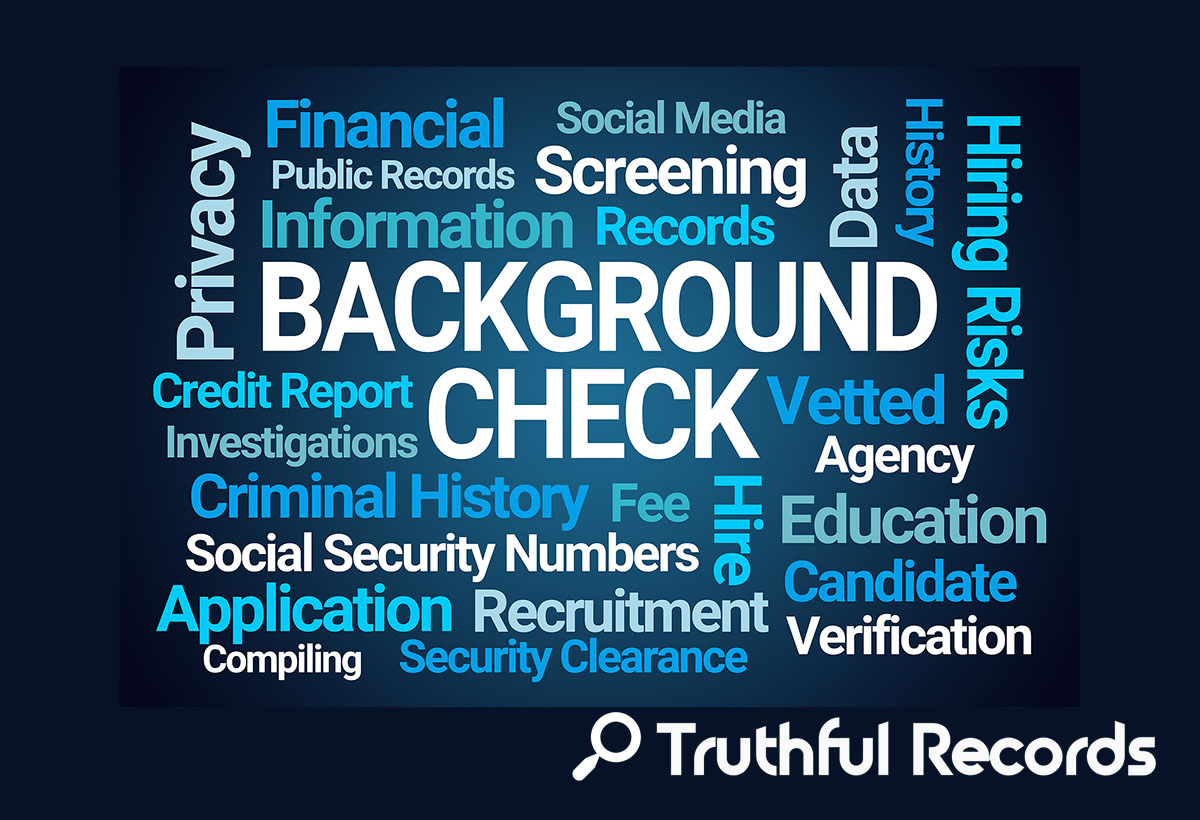
Did you know that 96% of employers now run some kind of background check? But background checks aren’t just for job hunting anymore! After spending over a decade in the background screening industry, I’ve seen how these checks have become a part of almost every aspect of our lives. Whether you’re checking out a potential roommate, looking into your own history, or doing some due diligence on a new business partner, knowing the different types of personal background checks is super important. Let’s dive into the full scoop on personal screening! For a detailed guide on background checks, check out this helpful resource.
Identity Verification Checks
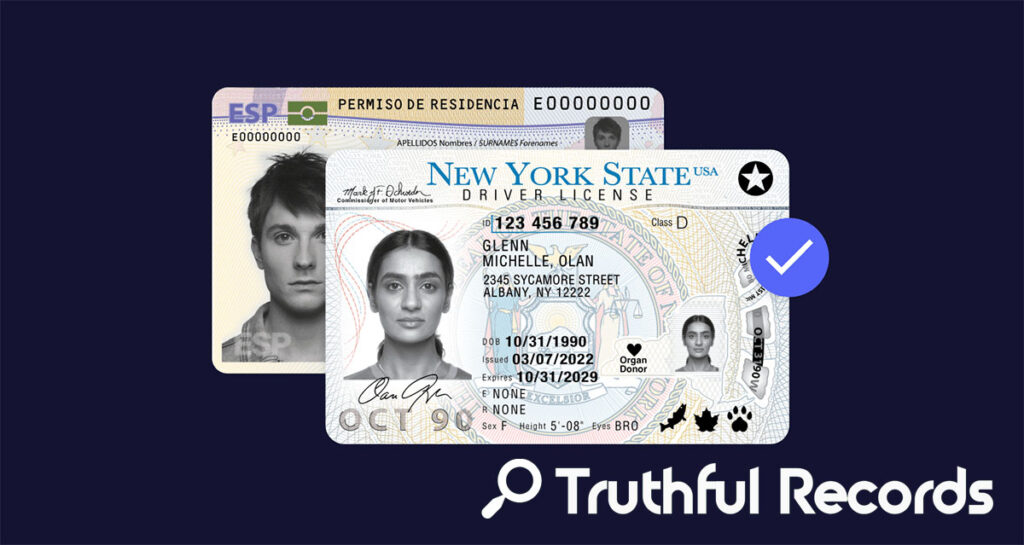
Identity verification is a critical part of many background checks. Whether you’re confirming someone’s identity for a job or just protecting yourself, here’s a breakdown of what’s involved.
Basic Identity Verification
At the core of identity verification, there are a few basic checks that ensure someone’s identity is legit.
- SSN validation: The first step in verifying someone’s identity is checking their Social Security number (SSN). This confirms whether the SSN matches the person’s name and birthdate and that it’s not flagged for fraud.
- Address history: A person’s address history can help verify their identity by matching it with government databases and credit records. This can reveal where someone has lived in the past and if the address matches their claimed history.
- Name variations: People often use different variations of their names, whether it’s a maiden name, nickname, or a misspelling. These variations are cross-checked to ensure all records are linked to the correct individual.
Advanced Identity Screening
For more robust verification, advanced identity screening takes a deeper dive.
- Biometric verification: This method involves using physical characteristics like fingerprints or facial recognition to confirm someone’s identity. It’s often used in high-security environments or when verifying someone remotely.
- Document authentication: In advanced screening, verifying physical documents like passports, driver’s licenses, or other government-issued IDs is critical. This involves checking for security features that make the document authentic.
- Digital identity validation: As we move more online, digital identity verification is becoming a must. This can include checking online profiles, social media accounts, and even email addresses to ensure they match the person’s true identity.
Identity Theft Detection
One of the most important aspects of identity verification is spotting any signs of potential fraud or identity theft.
- Fraud indicators: Identity theft detection focuses on spotting red flags, like a mismatch in personal details, inconsistencies in address history, or suspicious activity that doesn’t align with the person’s known background.
- Unusual activity patterns: If there’s a sudden spike in credit activity or other financial behaviors, it could indicate someone has stolen another person’s identity and is using it for fraudulent purposes.
- Red flag identification: Identity theft detection tools are designed to flag things like multiple addresses within a short time frame, social security numbers flagged for fraud, or frequent changes to personal details that seem unusual.
By understanding these different levels of identity verification, you can better protect yourself and ensure you’re dealing with legitimate information!
Criminal Background Checks
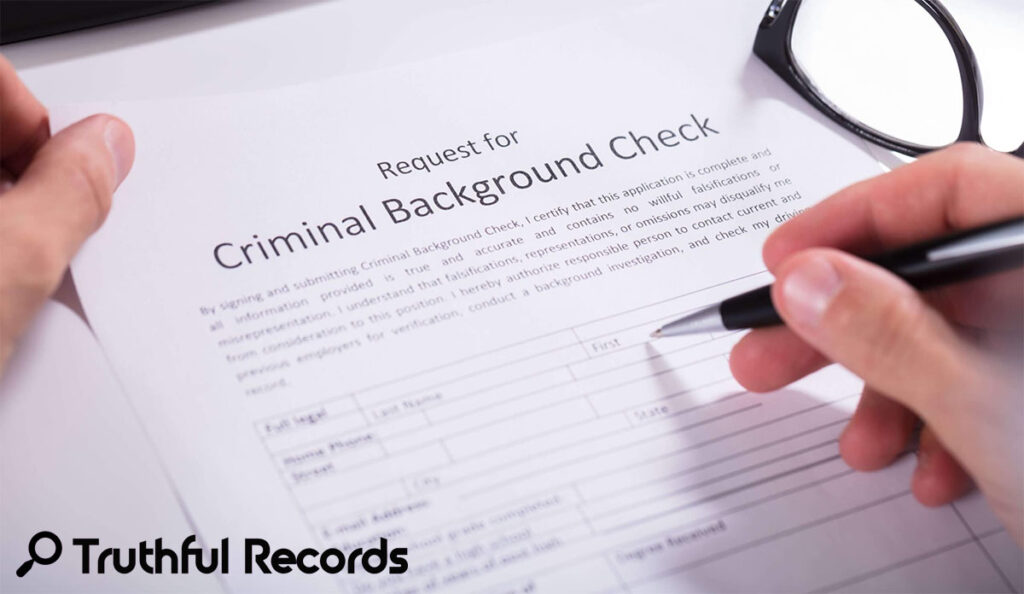
Criminal background checks are a key part of verifying someone’s history and ensuring safety, whether for employment, renting, or any other purpose. Here’s a breakdown of the different levels of criminal checks.
County-Level Criminal Searches
When checking for criminal history, local records are often the first place to start.
- Local court records: County-level criminal searches pull records from local courts where criminal cases are filed. These searches can uncover details about criminal charges, convictions, and ongoing cases in that jurisdiction.
- Misdemeanor checks: At the county level, misdemeanor offenses are also tracked. Misdemeanors, while less serious than felonies, still appear in local criminal records and can provide insight into someone’s criminal behavior.
- Felony records: Felony records, which involve more serious crimes, are also included in county-level searches. These records can reveal serious charges that might be a major red flag, depending on the situation.
State Criminal Database Checks
Statewide criminal background checks offer a broader look at someone’s criminal history within a specific state.
- Statewide repositories: Most states maintain centralized databases that store criminal records for their entire jurisdiction. These repositories are a great way to check a person’s criminal history across multiple counties within the state.
- Sex offender registries: State registries track individuals convicted of sexual offenses. These databases are often publicly accessible and are used to ensure safety in local communities.
- Domestic violence records: Many states keep separate records for domestic violence offenses, which are important for safety, especially in situations involving relationships or custody.
Federal Criminal Checks
For the most comprehensive criminal check, federal criminal records are key.
- Federal court system: Federal criminal checks focus on cases filed in U.S. federal courts. These can include major offenses like drug trafficking, large-scale fraud, and organized crime.
- White-collar crimes: White-collar crimes such as embezzlement, fraud, and insider trading often fall under federal jurisdiction. If someone has been involved in these crimes, it would show up in a federal criminal check.
- Interstate offenses: Crimes that cross state lines, such as trafficking or large-scale financial crimes, are typically handled by federal authorities and show up in federal criminal checks.
These different layers of criminal background checks give a complete picture of someone’s criminal history, ensuring a thorough and fair screening process.
Financial Background Checks
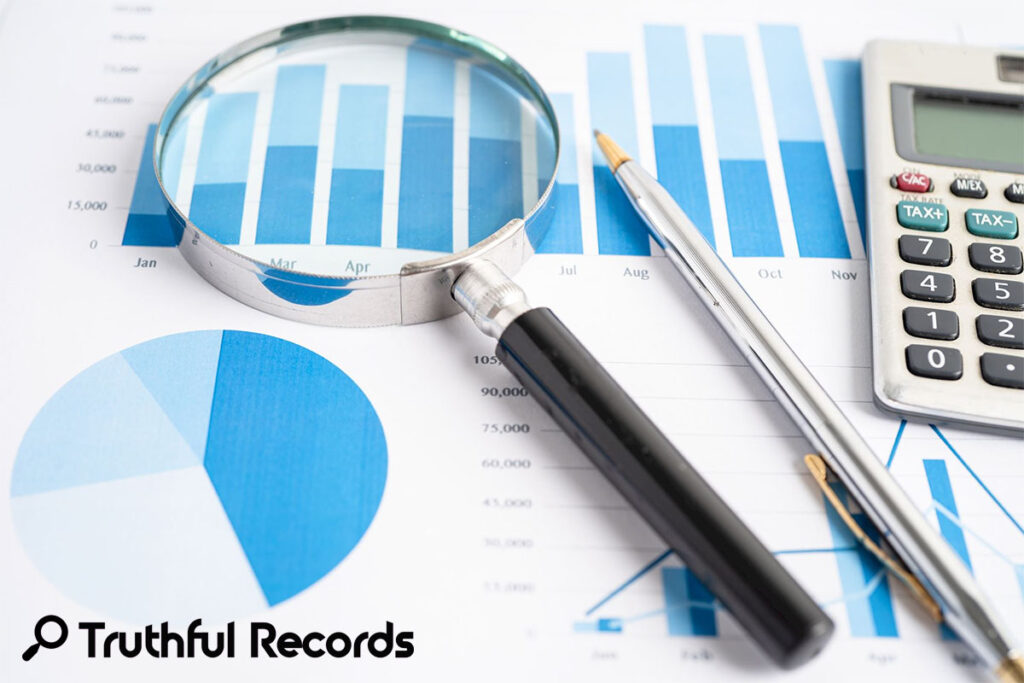
Financial background checks are an essential part of evaluating someone’s financial responsibility and stability. Whether for a job, renting, or a potential business partnership, here’s a breakdown of the different aspects of financial checks.
Credit History Reports
A credit history report is one of the most common ways to evaluate someone’s financial behavior.
- Payment patterns: This looks at how consistently a person pays their bills, including credit card payments, loan payments, and any other outstanding debts. A history of late payments or missed bills could raise red flags.
- Debt levels: A high level of debt compared to income or available credit can indicate financial distress or irresponsibility. Credit reports track total debt amounts and the ratio of credit used to credit available.
- Account status: The status of a person’s accounts shows whether they’re current, overdue, or in collections. A clean account status indicates financial responsibility, while overdue accounts suggest potential financial issues.
Bankruptcy Screening
Bankruptcy records are an important part of understanding someone’s financial history.
- Chapter 7/13 filings: These are the two main types of personal bankruptcy. Chapter 7 involves liquidation of assets to pay off debts, while Chapter 13 involves a repayment plan. Both types show up in a bankruptcy screening and provide insight into how someone has managed debt in the past.
- Discharge status: If the bankruptcy has been discharged (meaning the person is no longer responsible for certain debts), it’s important to check for the discharge status to understand whether the individual still has any financial obligations from the bankruptcy.
- Multiple filing history: A person who has filed for bankruptcy multiple times may be seen as financially unstable or irresponsible. This will show up in bankruptcy screenings and can influence decisions regarding financial trust.
Asset Verification
When looking into someone’s financial situation, verifying their assets can help determine their wealth and financial security.
- Property ownership: Checking property ownership helps identify any homes, land, or real estate that someone owns. This is important for understanding their financial stability, especially if they have valuable assets tied to a mortgage.
- Investment holdings: This includes verifying any stocks, bonds, retirement accounts, or other investments. It’s a good way to assess someone’s overall financial picture and whether they have long-term wealth-building strategies.
- Financial liabilities: Along with assets, it’s crucial to look at someone’s liabilities—like loans, mortgages, and other debts—to get a complete picture of their financial obligations and net worth.
These financial background checks are vital for assessing someone’s financial health and whether they are financially responsible. Understanding their credit, bankruptcy history, and asset ownership can help you make more informed decisions.
Employment Background Checks
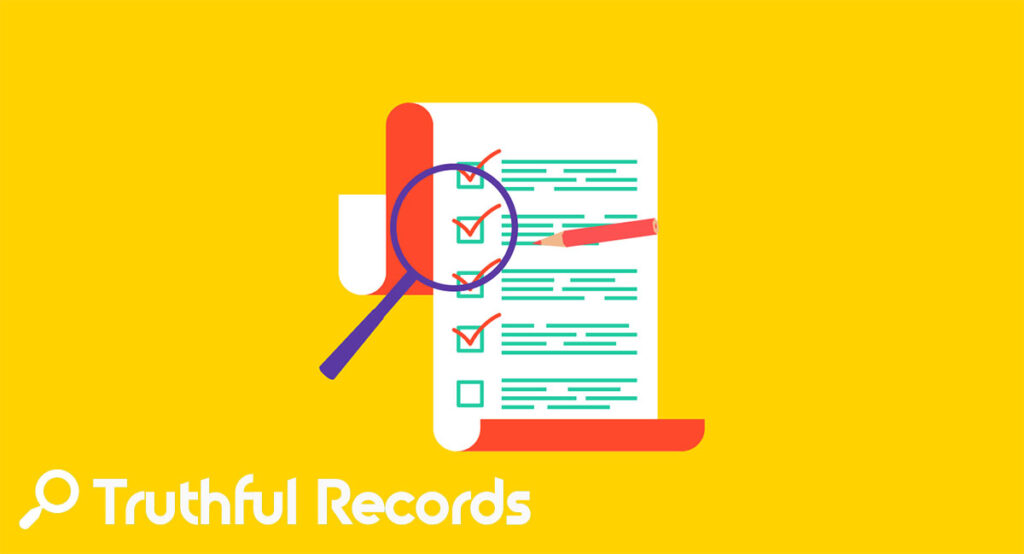
Employment background checks help employers verify the qualifications and reliability of potential employees. Here’s a breakdown of the key components of these checks.
Work History Verification
One of the most essential aspects of an employment background check is verifying a candidate’s work history.
- Position confirmation: Employers want to make sure that candidates held the positions they claim. Verifying job titles ensures that the applicant’s experience aligns with what they’ve stated on their resume or application.
- Employment dates: Confirming the start and end dates of employment is crucial. This helps verify the accuracy of the timeline and makes sure there are no unexplained gaps in employment.
- Company information: Employers often reach out to past employers to confirm the company worked for. This helps confirm the credibility of the entire work history and ensures there’s no fabrication involved.
Professional Reference Checks
In addition to verifying past employment, reference checks are another important part of assessing a candidate’s qualifications and fit.
- Performance verification: A reference check helps confirm how well the person performed in their past roles. Employers might ask references about the candidate’s strengths and weaknesses to gauge their potential.
- Character assessment: References can offer insight into the applicant’s personality and work ethic. This helps determine whether they’d be a good fit for the company culture.
- Working relationship evaluation: Employers also look to references to understand how the candidate interacts with coworkers, supervisors, and clients. This can help assess whether the candidate would be easy to work with or if they have any potential interpersonal issues.
Salary Verification
Salary verification can be an important part of employment background checks, especially when it comes to negotiations or confirming compensation expectations.
- Compensation history: Employers may contact previous employers to confirm the applicant’s salary history, including base pay, benefits, and any other perks they were offered. This helps verify the applicant’s claims and ensures fairness in pay negotiations.
- Bonus structure: Employers often ask about the candidate’s bonus or incentive structure at previous jobs. This helps the potential employer understand the candidate’s total compensation, not just base pay.
- Advancement pattern: Employers might also look into whether the candidate received raises or promotions during their time at previous jobs. A strong pattern of advancement can be a positive indicator of the candidate’s performance and growth potential.
These components of an employment background check help employers gain a complete understanding of a candidate’s work history, qualifications, and overall fit for a role. By confirming work experience, assessing professional references, and verifying salary history, employers can make more informed hiring decisions.
Education and Credential Verification

Education and credential verification are crucial steps in confirming that candidates have the qualifications they claim. Here’s a breakdown of the key areas involved in this part of the background check process.
Academic History
Validating an applicant’s academic history ensures that they truly hold the degrees and certifications they claim.
- Degree validation: Employers and institutions will confirm whether the applicant earned the degree they claim, including checking the type of degree (e.g., Bachelor’s, Master’s) and the field of study.
- Attendance verification: This confirms the applicant attended the institution for the required amount of time and that the information about their academic career is accurate.
- GPA confirmation: For some positions, confirming a candidate’s GPA can be important, especially if it’s a key qualification for the role or required by the employer. This step ensures that academic performance matches the claims.
Professional License Checks
Many professions require specific licenses, and verifying them ensures that the individual is legally able to perform their job duties.
- Licensing status: Employers check to confirm that the candidate holds any necessary professional licenses and that they are in good standing. This could include checking with state or national licensing boards.
- Disciplinary actions: It’s important to verify if any disciplinary actions have been taken against the candidate’s license. A history of sanctions or suspensions could be a red flag, depending on the nature of the job.
- Renewal information: Many professional licenses require renewal at set intervals. Employers will check to make sure the candidate’s license is current and hasn’t expired or been revoked.
Certification Verification
Certain industries require specific certifications that demonstrate an individual’s qualifications or expertise in a certain area.
- Industry credentials: Certification checks validate that a candidate holds the necessary credentials for a specific industry, such as project management, IT, or healthcare certifications.
- Continuing education: Some certifications require continuing education to maintain or renew them. Employers might verify that candidates are staying up-to-date with industry standards and requirements.
- Authentication processes: Certification verification involves ensuring that the certification is legitimate, often by checking with the certifying body to confirm that it was issued and remains valid.
Education and credential verification help ensure that candidates have the qualifications they claim. By confirming degrees, licenses, and certifications, employers can trust that their hires are well-equipped for the job.
Public Records Searches
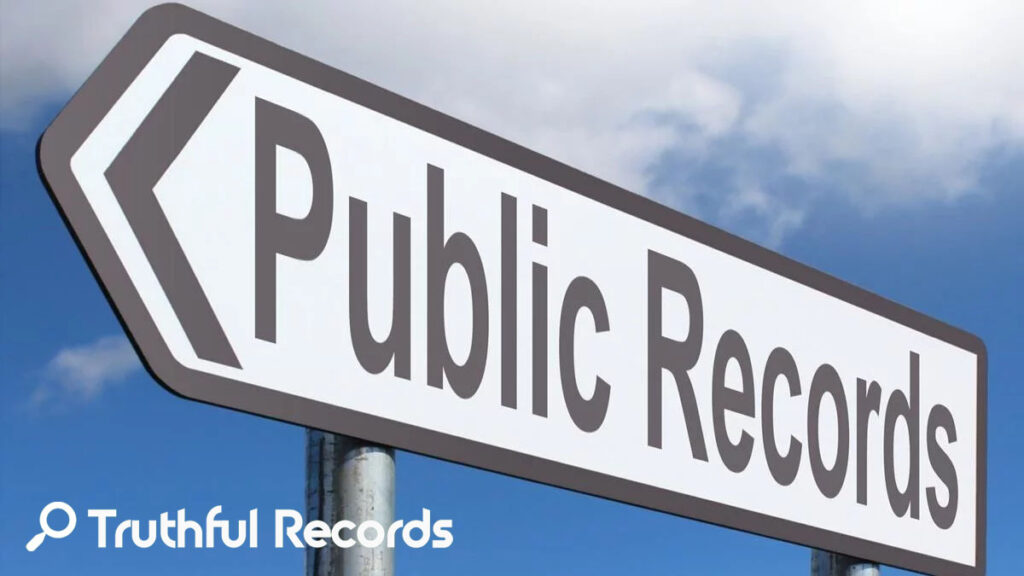
Public records searches are a valuable tool in background checks, providing essential information about someone’s history and legal matters. Here’s a breakdown of the key areas of public records you might explore.
Civil Court Records
Civil court records help you understand a person’s history with lawsuits, judgments, and other legal matters that don’t involve criminal activity.
- Lawsuits: A search of civil court records can reveal if an individual has been involved in any lawsuits, whether as a plaintiff or defendant. These records provide details about the nature of the lawsuit and its outcome.
- Judgments: Civil judgments indicate whether a court has ruled against someone, often requiring them to pay damages or settle a debt. A judgment in a background check may indicate financial or legal trouble.
- Small claims history: Small claims cases typically involve disputes over smaller amounts of money. Searching these records can give insight into someone’s legal history and whether they frequently engage in disputes over money or services.
Property and Lien Records
Property and lien records are important for understanding someone’s ownership of real estate, outstanding debts, and any legal claims against their property.
- Real estate ownership: Public property records show whether someone owns real estate, including homes, land, and commercial property. This can provide insight into their financial stability or if they have any assets to their name.
- Tax liens: Tax liens are a claim by the government against someone’s property due to unpaid taxes. If an individual has a tax lien on their property, it indicates significant financial trouble and failure to pay taxes.
- Property disputes: If someone has been involved in property disputes, those records may be available. These disputes could involve disagreements over ownership, boundaries, or property conditions, which can give insight into someone’s history of legal conflicts.
Marriage and Divorce Records
Marriage and divorce records provide important personal information about an individual’s relationship history.
- Marital status: These records confirm someone’s marital status—whether they are currently married, divorced, or have never been married. These details can sometimes be important for legal or financial reasons.
- Divorce proceedings: Divorce records can reveal the circumstances of a divorce, including any settlements, custody arrangements, or legal battles. They provide important information on personal and financial matters that may impact the individual.
- Legal settlements: In divorce proceedings, there may be settlements related to alimony, property division, or other legal matters. These records can show whether someone is still obligated to make payments or if there were any legal agreements made during the divorce process.
Public records searches are an essential part of background checks, offering a glimpse into someone’s legal history, property ownership, and personal relationships. These records can reveal a lot about a person’s past and help ensure you’re making informed decisions.
Digital Background Checks
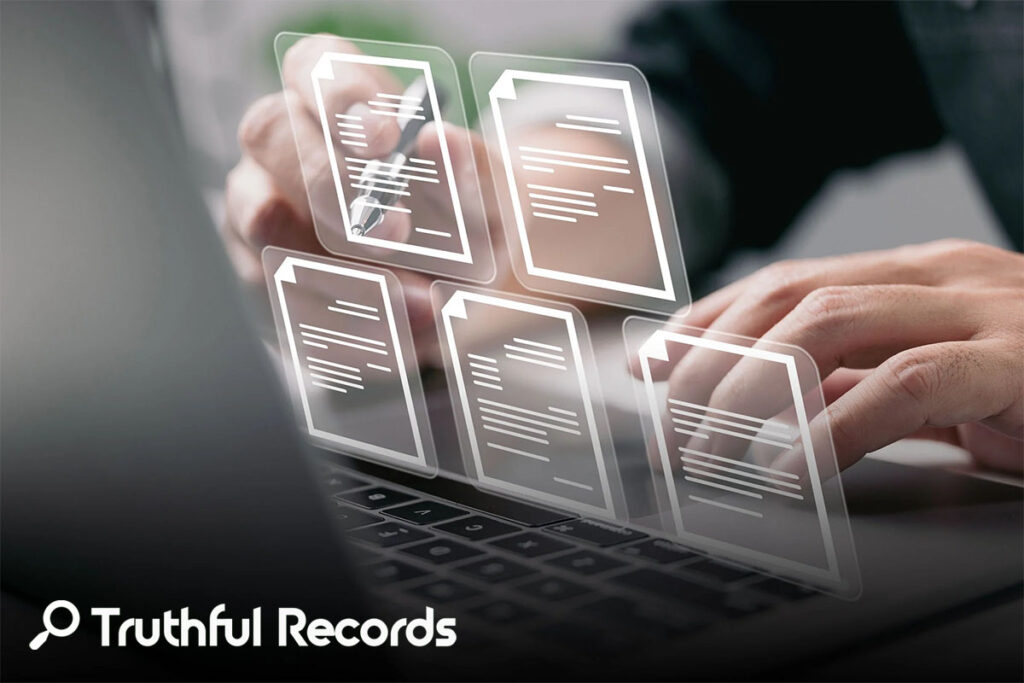
In today’s digital age, background checks go beyond the physical and financial realm. Here’s a look at how digital background checks are changing the game.
Social Media Screening
Social media platforms provide a wealth of information that can give insight into a person’s character, behavior, and reputation.
- Online presence: Employers or individuals conducting background checks will look at a person’s online presence, including profiles on Facebook, LinkedIn, Instagram, and other platforms. This helps gauge whether their online persona aligns with what’s claimed in real life.
- Content analysis: Social media screening also involves analyzing the content a person posts or shares. This could include anything from photos and status updates to public comments, which might shed light on their personality, values, or interests.
- Reputation assessment: A person’s reputation online—such as reviews, public comments, or group memberships—can impact how they’re perceived. Negative content, such as offensive posts or complaints, could influence hiring decisions or business relationships.
Internet History Review
A person’s internet history can say a lot about their interests, behaviors, and sometimes even their character.
- Digital footprint: Every search, click, and download forms part of a person’s digital footprint. This history can be reviewed to uncover patterns of behavior, past activities, or habits that might be relevant for a background check.
- Forum participation: Many people participate in online forums, groups, or communities. By reviewing these contributions, background checkers can get an understanding of someone’s interests, opinions, and even their level of professionalism or involvement in various causes.
- Comment analysis: People’s comments on articles, blogs, or social media threads can provide insight into their thought process, communication style, and even biases or prejudices. Analyzing this can help assess whether they’re a good cultural fit for a role or company.
Dark Web Monitoring
Monitoring the dark web is a crucial part of modern background checks, especially for detecting fraud or identity theft risks.
- Identity exposure: The dark web is often where stolen identities are bought and sold. Monitoring this space can alert individuals or employers if someone’s personal information has been exposed or misused.
- Credential breaches: If a person’s credentials—like usernames, passwords, or financial details—are found on the dark web, it indicates a breach. This could be a sign that their personal data is compromised and needs to be addressed quickly.
- Personal information leaks: Personal data, such as addresses, social security numbers, or bank account details, may also show up on the dark web. This type of information leak is often an indicator that someone’s privacy has been violated, potentially leading to identity theft or fraud.
Digital background checks are essential in today’s connected world, helping to uncover online activity, reputation, and potential security risks. Whether it’s social media, internet history, or dark web monitoring, these checks help provide a full picture of someone’s digital presence and security.
Conclusion
Personal background checks are a must these days, whether you’re making decisions for work or just in your personal life. Knowing what types of checks are out there and what they reveal can help you protect yourself, your loved ones, and your interests. Just remember to always do background checks the right way and follow the laws. It’s also a good idea to run regular checks on yourself so you stay aware of your own digital footprint and personal history!


